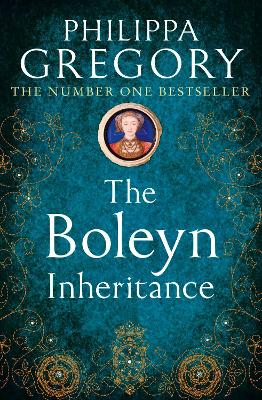Reviewed by Amber (The Literary Phoenix) on
Gregory admits that she has taken certain liberties with the narrative of all three women - instead of presenting Anne as "ugly", Kitty as "stupid", and Jane as "evil," she has allowed all three of them speculative, complex backstories. History has a habit of laying out people in the plainest, briefest way imaginable - good historical fiction takes those cold, hard facts and builds the complexity that is a human being around them, and that dance is one whose steps Gregory has mastered.
I think that the flow in this novel was not as masterful as her previous ones, because the first half of the book moved incredibly slowly. I understand that Gregory's aim was to make this story about the "inheritance" and not about the queens themselves, but even them I feel as though those book could have been two. Nonetheless, Gregroy did a fantastic job creating sympathetic characters out of those who have been stereotyped and have little definitive fact known about them. For me, it is the characters that mean the most, and I believe that Gregory did an honor to three women who have had only dishonor shown to them. After all... all the people who know the REAL truth about any of these ladies is long dead....
I give her three stars, only because the first 200 pages were a struggle for me to get through. It's still good historical fiction, but it isn't comparable to some of her other works.
((Cross-posted to my blog: The Literary Phoenix))
Reading updates
- Started reading
- 27 July, 2015: Finished reading
- 27 July, 2015: Reviewed
